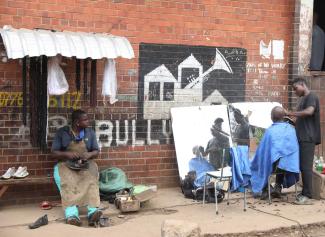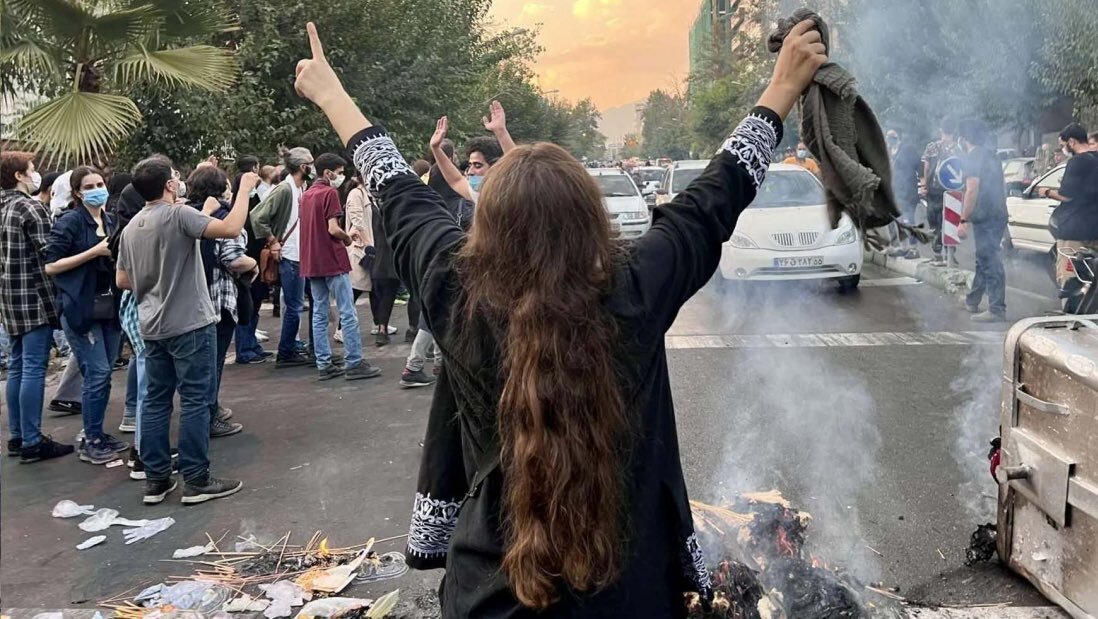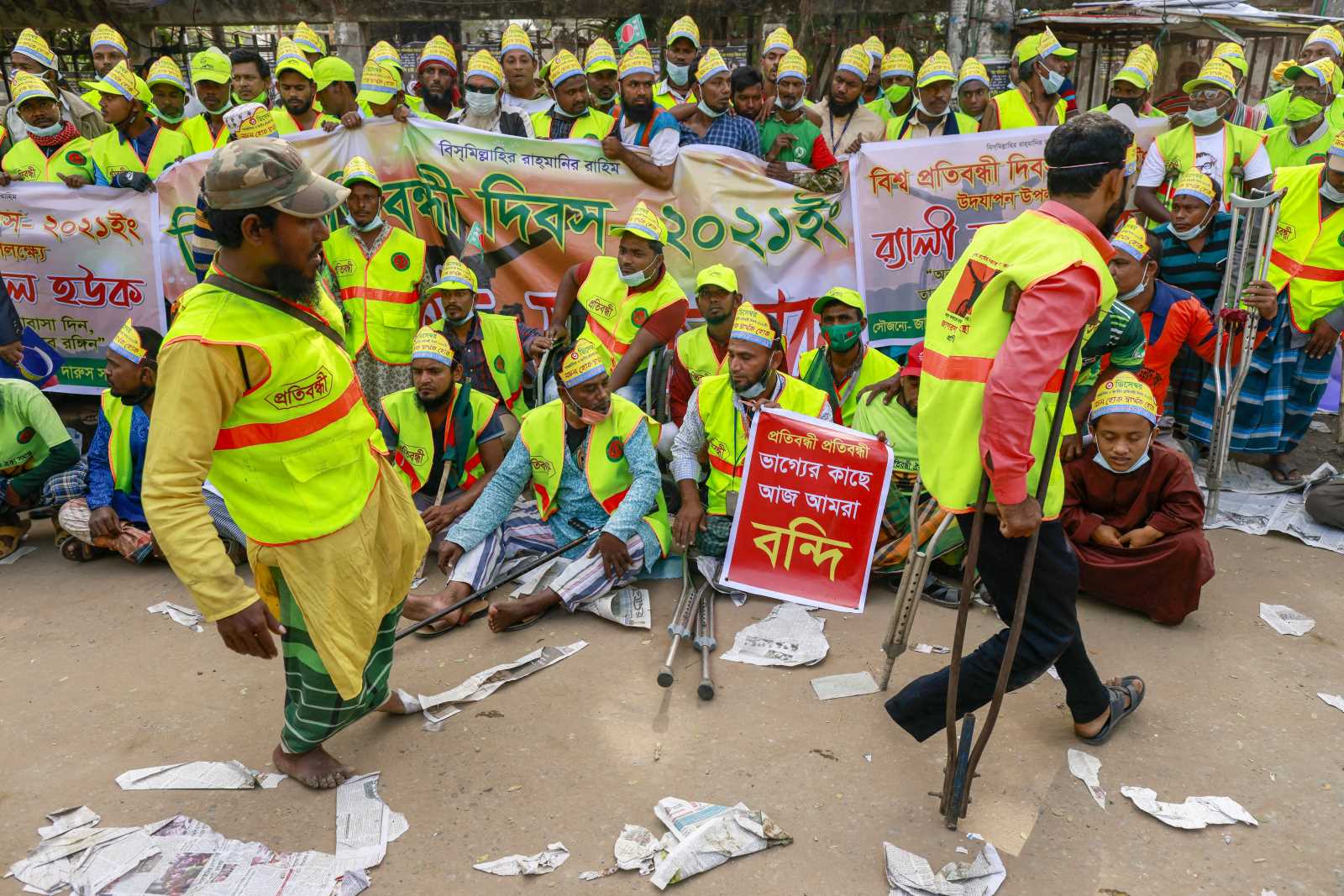Our view
The nightmare of states that are too small

That is evident in the informal sector. Its businesses are neither registered nor regulated. They have no legal certainty regarding contract enforcement. The preference is thus for doing business with persons one can trust. Informal entrepreneurs typically hire family members and take loans from relatives. They do not look for the best qualified applicant or the least costly credit. Unable to invest, moreover, the businesses stay small, labourintensive and stuck in low productivity. Both profits and wages remain meagre too.
The informal sector is a sphere where the law offers no protections because it is not or only rarely enforced. There thus is no occupational safety, no environmental protection and no holidays. To some extent, local values and community traditions apply, but insecurity is common. Urban life, especially in developing countries, tends to be multicultural. People speak different languages, adhere to different faiths and belong to different tribes (in Africa) or castes (in South Asia). They share the values of their own community, but feel little obligation to other communities. In many cases, informal businesses pay money to mafia-like protection rackets.
Things are a bit different in rural areas. However, oppressive traditions tend to be strong where state agencies have little impact. In many ways, the work of smallholders and subsistence farmers is informal too. On the other hand, there are pockets of informal activity in high-income countries as well. For example, migrant women with dubious or no legal status work as household helpers in many European cities.
Strong dualism
Where the informal sector is large, strong dualism typically marks society. This term stands for formal law coexisting awkwardly with traditional norms. Some spheres of social life are exclusively guided by one or the other. In such settings, it makes little sense to speak of the rule of law because official legislation does not take full account of social reality.
Informal urban settlements, for example, grow unplanned and typically do not conform with legislation, but hundreds of millions of people have no other home. When authorities evict them, claiming the settlements are illegal, formal law infringes upon these people’s fundamental human rights. The state is actually still the oppressive institution it was in colonial and feudal times.
All too often, what is not counted, does not count. Informal activities do not generate data. Ignorance of how masses of people live obviously makes prudent policymaking very difficult.
Where dualism is pronounced, the state is small and weak. It may look strong in terms of its oppressive means, but it is unable to fulfil important modern functions. Since it cannot collect taxes sufficiently, effectively or fairly, it lacks the funds for building strong infrastructure, running good schools and providing universal health care. A modern, functionally differentiated society needs a stronger and more enabling state which creates opportunities and responds to people’s needs (see my contribution on www.dandc.eu). The way forward must be to accept social reality, ensure the livelihoods people indeed depend on are legal and then start regulating matters in ways that facilitate broad-based progress.
Hans Dembowski is editor in chief of D+C Development and Cooperation / E+Z Entwicklung und Zusammenarbeit.
euz.editor@dandc.eu












